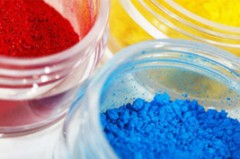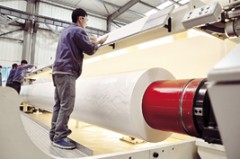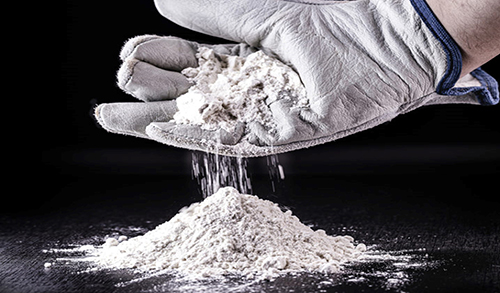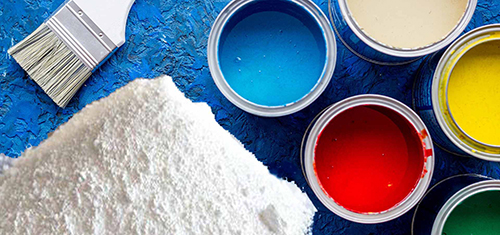Application
The Process of Titanium Dioxide Manufacturing
Titanium dioxide is a pivotal component in various industries, from paints and coatings to cosmetics and food. As the demand for this versatile compound grows, understanding the essential aspects of titanium dioxide production and its significance across industries becomes paramount.
The Process of Titanium Dioxide Manufacturing
Raw Materials and Preparation
Titanium dioxide manufacturing starts with sourcing high-quality raw materials, typically ilmenite or rutile ores. These ores undergo extensive processing to extract titanium dioxide in its purest form.
Chlorination or Sulfate Process
Two primary methods, the chloride process and the sulfate process, are employed to produce titanium dioxide.
Chloride Process
* Involves chlorination of the ore to form titanium tetrachloride.
* High temperatures and controlled conditions are crucial for this chemical reaction.
* The resulting titanium tetrachloride is then oxidized to obtain titanium dioxide pigment.
Sulfate Process
* The ore is digested with sulfuric acid to form a titanium sulfate solution.
* Further processes yield a white pigment that can be used in various applications.
Particle Size and Surface Treatment
Manufacturers can control the particle size of titanium dioxide, influencing its opacity and other properties. Surface treatment of the particles enhances their dispersibility, stability, and performance in end products.
Applications and Importance of Titanium Dioxide
Paints and Coatings
* Titanium dioxide is a key component in the paint industry, providing opacity, brightness, and UV resistance.
* Its reflective properties contribute to cooler surfaces in exterior applications.
Cosmetics and Sunscreens
* Widely used in cosmetics, sunscreen, and skincare products for its UV-blocking abilities.
* Offers a white base that helps achieve desired colors in makeup products.
Food and Pharmaceuticals
* Used in food products, toothpaste, and medications as a white pigment.
* FDA-approved for its non-toxic and safe properties.
Ensuring Quality and Sustainability
Quality Control
Stringent quality control measures are essential in titanium dioxide manufacturing to ensure consistent and reliable products. Testing for purity, particle size, and other parameters guarantees high-quality pigments.
Sustainability Efforts
* Modern manufacturers are implementing eco-friendly practices to minimize environmental impact.
* Efforts include reducing energy consumption, recycling waste, and optimizing production processes.






